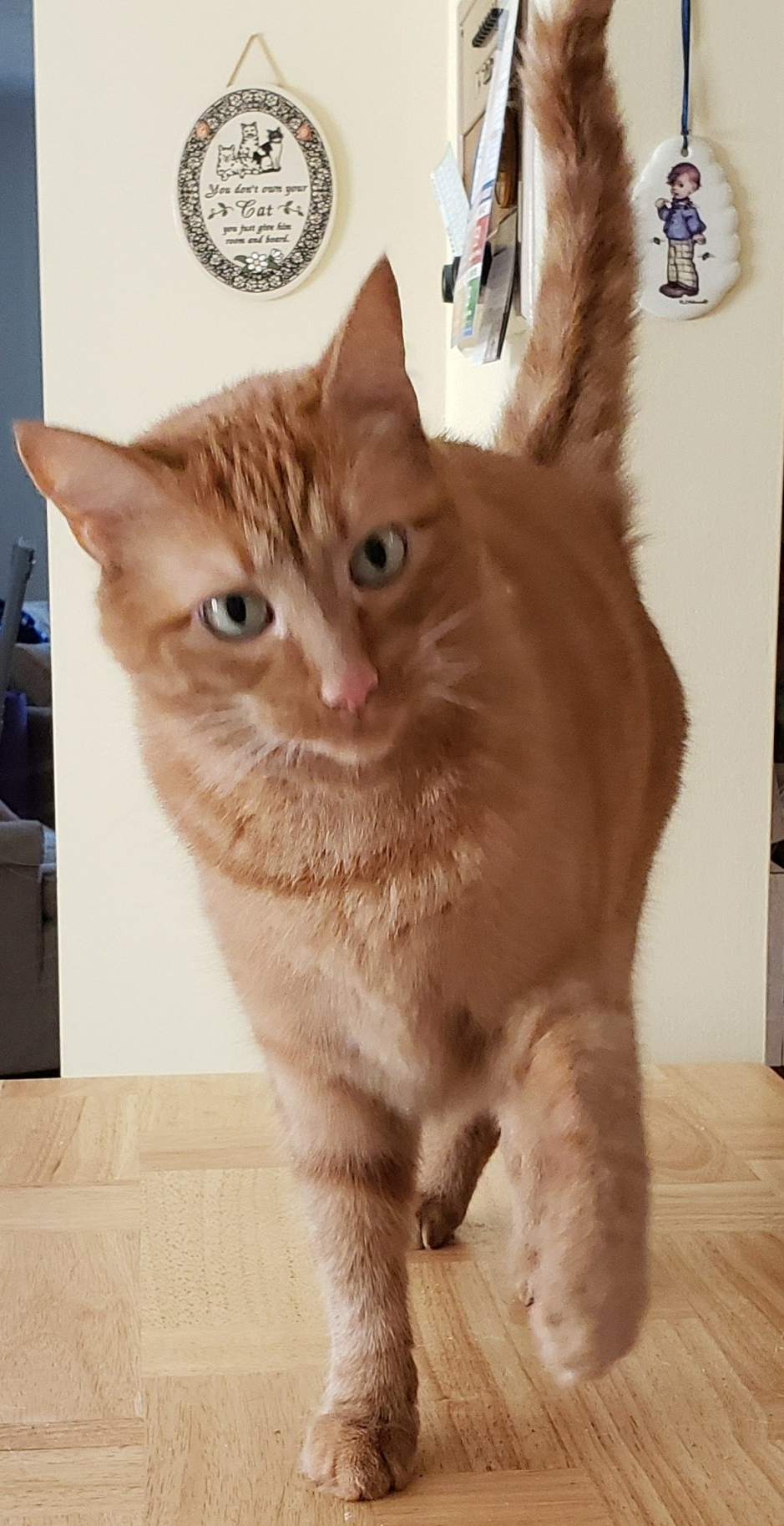household risks
Electrical cords:
Oral Burns
Pulmonary Edema.
Falls from furniture:
Broken Bones
Torn Ligaments
Lawn Mowers:
Injuries from blades
Strings or Ropes:
Can get caught around necks, paws, legs, etc.
Small Objects can be swallowed very easily, which can cause various issues:
Toys
Clothing
Wash Cloths
Strings
Hair Ties
Gorilla Glue
Pacifiers
Corn Cobs
Sink Stoppers








